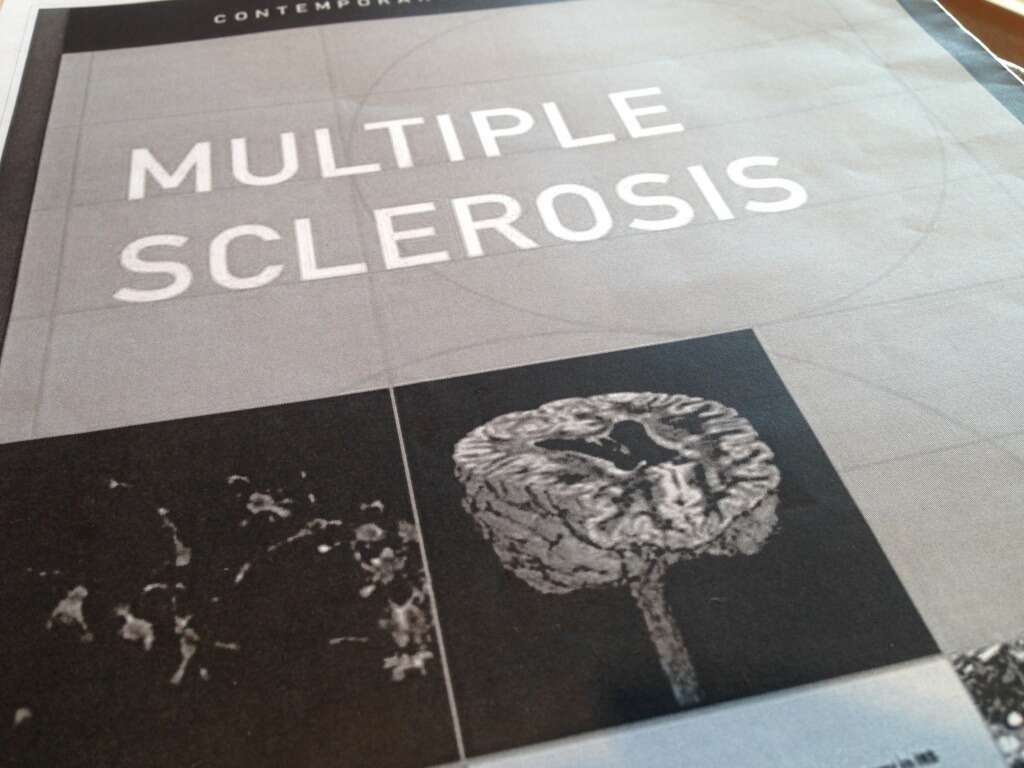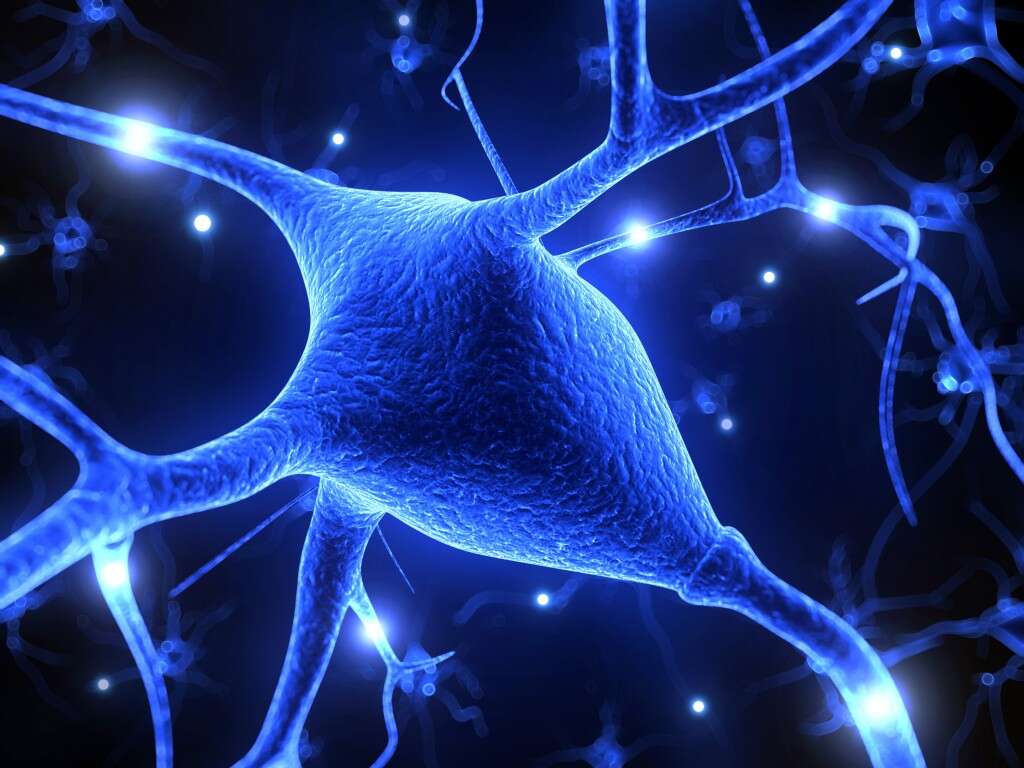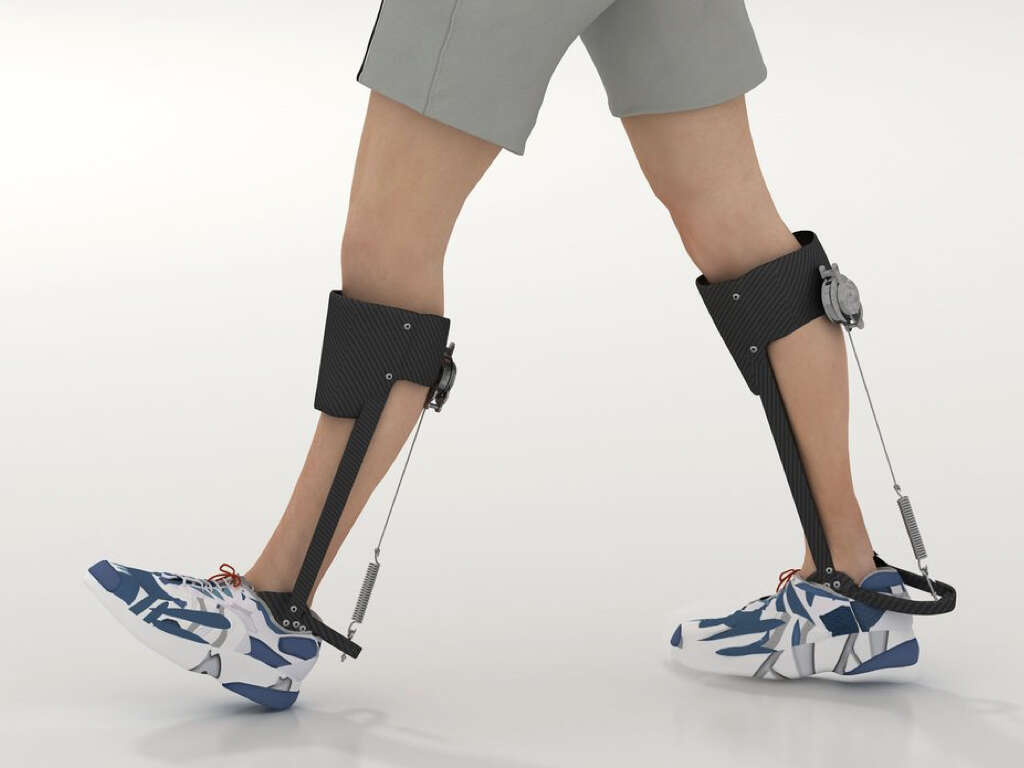What Is MS?
8. Symptom Management
Symptom management is an essential part of managing MS. This can be done via both pharmacological and nonpharmacological means. As mentioned above, physical therapy can be a valuable resource for the physical symptoms of MS.
For those with cognitive dysfunction, supportive therapy along with speech and occupational therapy may be beneficial. For those with depression, selective serotonin reuptake inhibitors and tricyclic depressants may be beneficial. As fatigue is one of the most common symptoms that greatly affects patients, medications such as amantadine, methylphenidate, and modafinil may be helpful. For pain, tricyclic antidepressants, anticonvulsants, and nonsteroidal anti-inflammatory drugs (NSAIDs) can also be prescribed. Patients should avoid hours of the day that are hot and use air conditioning to deal with heat intolerance. Spasticity can be managed using baclofen, benzodiazepines, and gabapentin. Other issues that should be addressed include bladder issues, impaired ambulation, bowel issues, sexual dysfunction, optic neuritis, and tremors. Symptom management is crucial as it helps increase the quality of life for patients.
Advertisement










